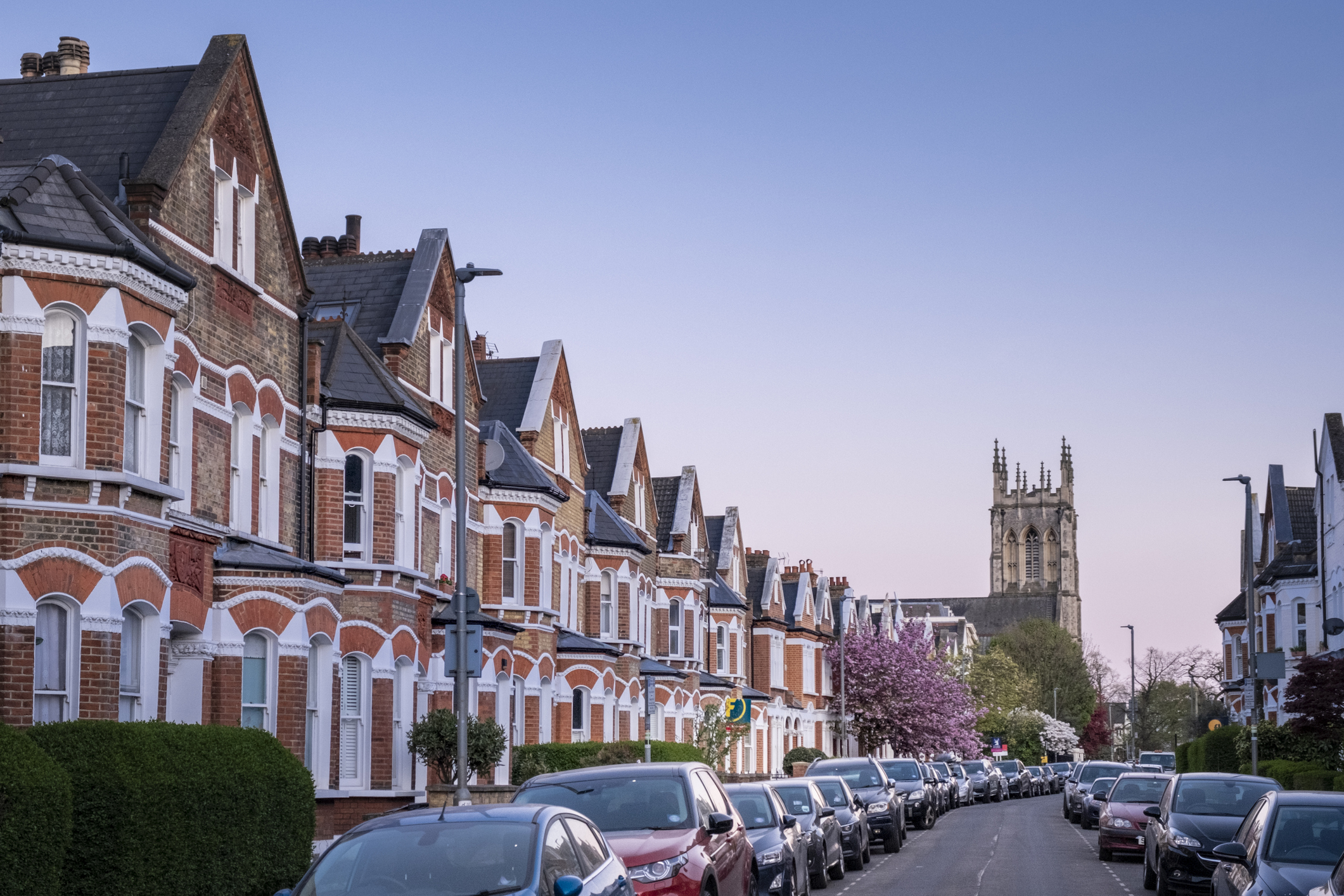Rightmove: property asking prices being cut at their fastest rate in over 10 years
The latest data from Rightmove showed over a third of properties for sale have had their price reduced as the property market continues to slow down, while data from Hamptons showed rents are rising at their fastest pace on record.


Get the latest financial news, insights and expert analysis from our award-winning MoneyWeek team, to help you understand what really matters when it comes to your finances.
You are now subscribed
Your newsletter sign-up was successful
Want to add more newsletters?

Twice daily
MoneyWeek
Get the latest financial news, insights and expert analysis from our award-winning MoneyWeek team, to help you understand what really matters when it comes to your finances.

Four times a week
Look After My Bills
Sign up to our free money-saving newsletter, filled with the latest news and expert advice to help you find the best tips and deals for managing your bills. Start saving today!
House sellers are cutting their asking prices at the fastest rate in over ten years, the latest data from Rightmove shows, as the property market continues its bumpy ride through 2023.
Rightmove’s September house price index showed a “combination of interest rate rises and buyer and seller summer holiday distraction” led to price cuts “creeping up to a level not seen since January 2011”.
Just over 36% of properties have had their price cut, with the average reduction coming in at £22,700 or 6.2%.
MoneyWeek
Subscribe to MoneyWeek today and get your first six magazine issues absolutely FREE

Sign up to Money Morning
Don't miss the latest investment and personal finances news, market analysis, plus money-saving tips with our free twice-daily newsletter
Don't miss the latest investment and personal finances news, market analysis, plus money-saving tips with our free twice-daily newsletter
Following two years of strong growth throughout the pandemic the property market has suffered due to the Bank of England’s base rate hikes, which have increased the rates on fixed mortgage products and dented demand.
Average asking prices increase “marginally”
The data also showed average new seller asking prices increased by 0.4% or £1,836 to £366,281.
But this “isn’t a house price rise”, says Sarah Coles, head of personal finance at Hargreaves Lansdown.
“It’s an indication of how desperate sellers are to defy the miserable realities of the housing market right now,” continues Coles. “Sky high mortgage rates mean demand has dropped like a stone, house prices have fallen, and sales have dried up. However, not all sellers are prepared to accept it right now – so asking prices are up over the past month.”
The data from Rightmove also showed this is smaller than the average 0.6% increase recorded in the same period over the past ten years.
Sellers are being urged to be “realistic” about their asking prices if they want to secure a sale quickly. “When we’ve seen prices rise so far and so fast, there’s the temptation to cling to the hope that they’ll keep doing so – at least until you’ve had the chance to sell,” says Coles.
“In reality, however, prices have turned, and if sellers don’t realise this up-front, they’re likely to sell for less in the end.”
When will house prices bounce back?
Rightmove expects the property market to bounce back in the Autumn.
“The latest figures from Rightmove point to green shoots of recovery for the housing market with a slight pick-up in asking prices in September, a typically busy back-to-school time of year for housing market transactions after the end of the summer lull and before the festive season begins,” says Victoria Scholar, head of investment at interactive investor.
That said, it’s likely house prices will continue to fall. Inflation remains high, placing pressure on buyers, and though interest rates are broadly predicted to go up only once more they are expected to remain high until well into 2024.
Rightmove expects house prices to fall by 2% over the year.
Other house price indexes show the property market is still in the midst of a slowdown. Data from Halifax showed house prices are dropping at their fastest rate since 2009.
Zoopla expects property sale levels will fall to their lowest since 2012, and the Royal Institute of Chartered Surveyors published a gloomy outlook for the UK housing market.
Rents rise at their fastest pace on record
Separately a report from Hamptons showed UK rents are rising at their fastest pace on record.
The cost of renting rose 12% year-on-year in August, the highest since the survey began in 2014. The average cost of a newly-let property is £1,304.
The report added rents had risen more in the last 12 months than they did in the four years between 2015 and 2019. This is largely due to a stark supply versus demand imbalance, which is only set to grow worse as buy-to-let investors sell their properties due to the rising cost of being a landlord.
Get the latest financial news, insights and expert analysis from our award-winning MoneyWeek team, to help you understand what really matters when it comes to your finances.
Nic studied for a BA in journalism at Cardiff University, and has an MA in magazine journalism from City University. She has previously worked for MoneyWeek.
-
 How to navigate the inheritance tax paperwork maze in nine clear steps
How to navigate the inheritance tax paperwork maze in nine clear stepsFamilies who cope best with inheritance tax (IHT) paperwork are those who plan ahead, say experts. We look at all documents you need to gather, regardless of whether you have an IHT bill to pay.
-
 Should you get financial advice when organising care for an elderly relative?
Should you get financial advice when organising care for an elderly relative?A tiny proportion of over 45s get help planning elderly relatives’ care – but is financial advice worth the cost?
